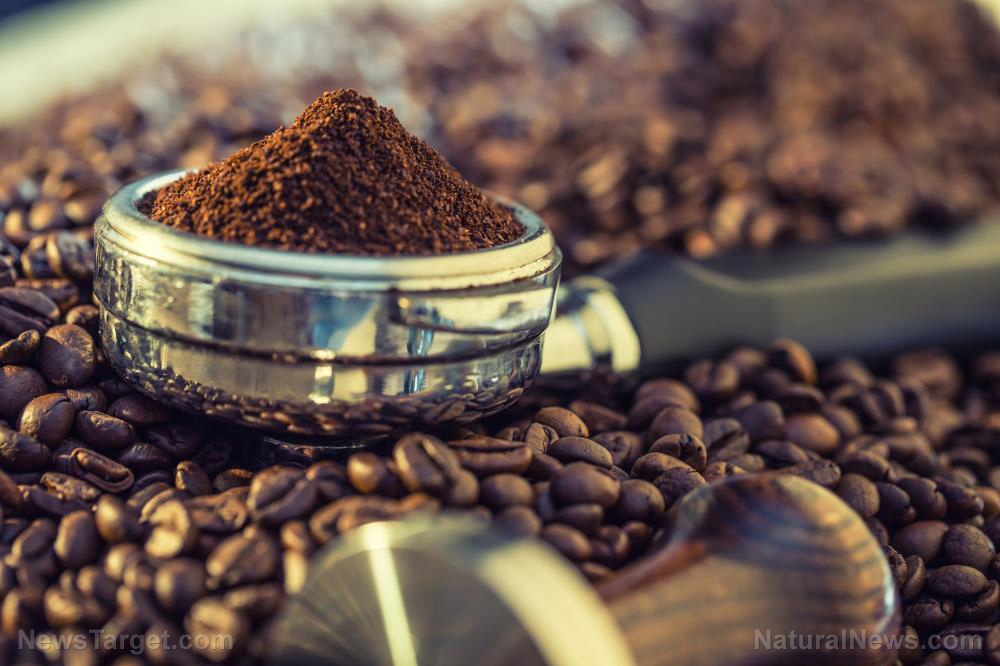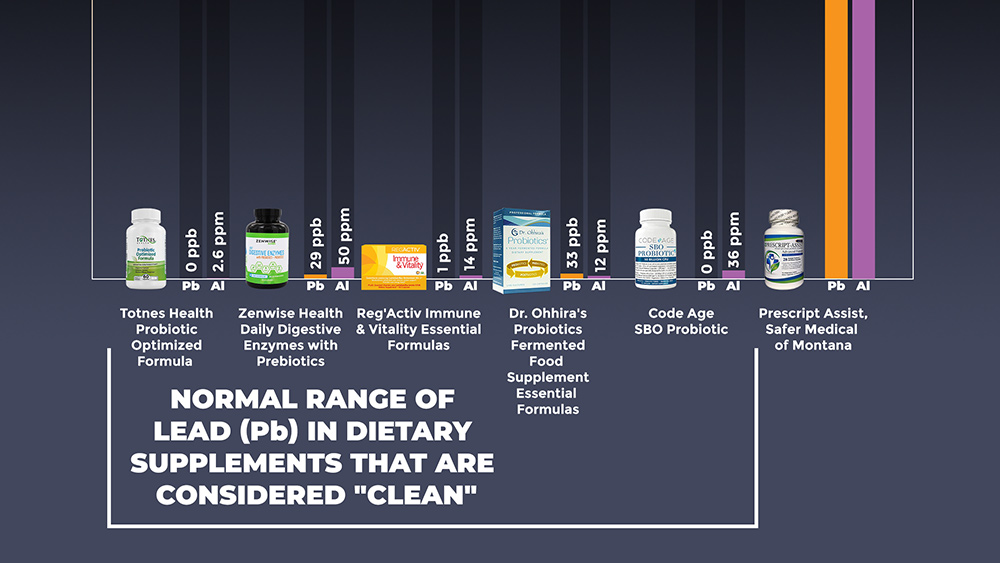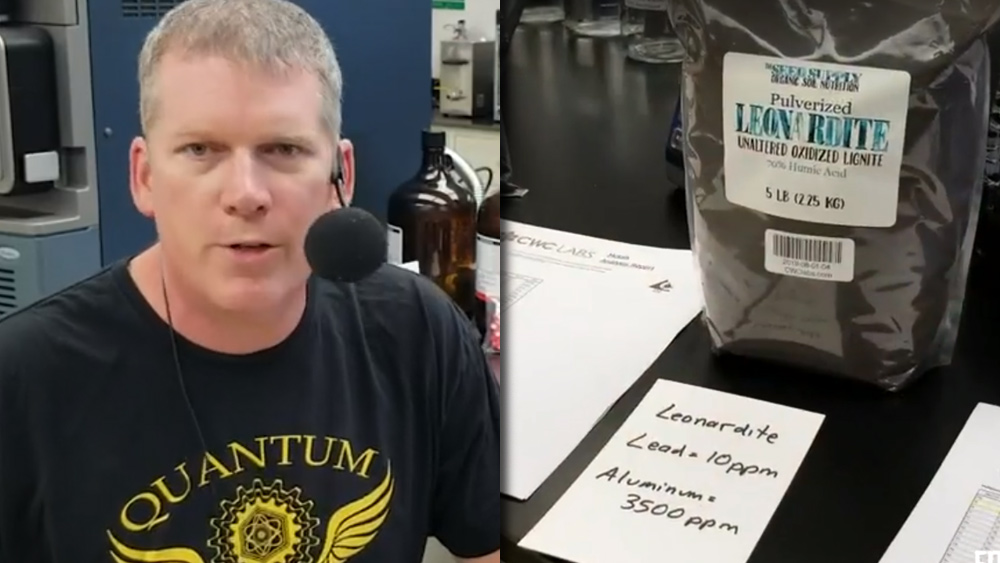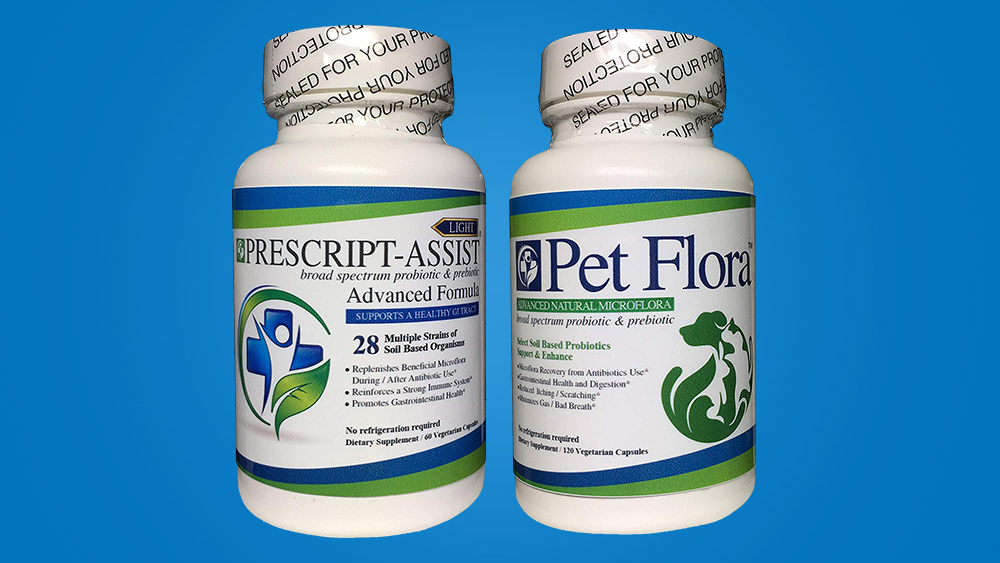Determining chlorogenic acid content present in commercial green coffee extracts
08/28/2019 / By Melissa Smith

A review published in the Journal of Medicinal Food looked at the bioactive compounds in commercial green coffee and its extracts. This study was conducted by researchers from the University of Scranton and Marywood University.
- The use of dietary supplements for weight loss has gained traction in recent years as they appear to be a safer means of losing weight than prescription drugs.
- Green coffee bean extracts are one of the dietary supplements used for weight loss.
- In this study, the researchers analyzed commercial products containing green coffee extracts for both chlorogenic acids and caffeine, which are present in the extracts.
- The researchers developed a high-pressure liquid chromatography (HPLC) method to provide a simple, inexpensive method for analysis of 54 commercially available extracts of green coffee beans.
- Both chlorogenic acids and caffeine were measured using 5-chloroquinic acid as the standard and published extinction coefficients for the other monomeric and dimeric chlorogenic acids present.
- The average labeled dose of chlorogenic acids was 233?mg, whereas the average calculated by HPLC analysis was only 157?mg.
- This suggested that the consumer is likely to get a little more than half of the reported label amount of chlorogenic acids in green coffee products.
- The researchers also found that green coffee products contain 0 to 17 percent of caffeine.
- Based on marketing literature, 50 percent chlorogenic acid content is the gold standard of green coffee bean extract products.
- However, based on this value, only 28 percent of the commercial products studied met this goal.
- The researchers explained that consumer complaints about the lack of efficacy of green coffee extracts may simply be due to the low and variable dose of chlorogenic acid found in the product they used.
- Extraction solvents, time and temperature, and storage may all play a role in the high variability in chlorogenic content among the formulations evaluated in this study.
Based on these results, the researchers suggested that stricter regulation of the process to prepare green coffee extract products must be implemented to prevent this large variability in commercial supplements.
Read the full text of the study at this link.
Journal Reference:
Vinson JA, Chen X, Garver DD. DETERMINATION OF TOTAL CHLOROGENIC ACIDS IN COMMERCIAL GREEN COFFEE EXTRACTS. Journal of Medicinal Food. 15 March 2019; 22(3): 314-320. DOI: 10.1089/jmf.2018.0039
Tagged Under: antioxidants, caffeine, Chlorogenic acid, coffee, fitness, food cures, food is medicine, functional food, green coffee, longevity, obesity, overweight, slender, supplements, weight loss
RECENT NEWS & ARTICLES
COPYRIGHT © 2017 FOOD SCIENCE NEWS



















